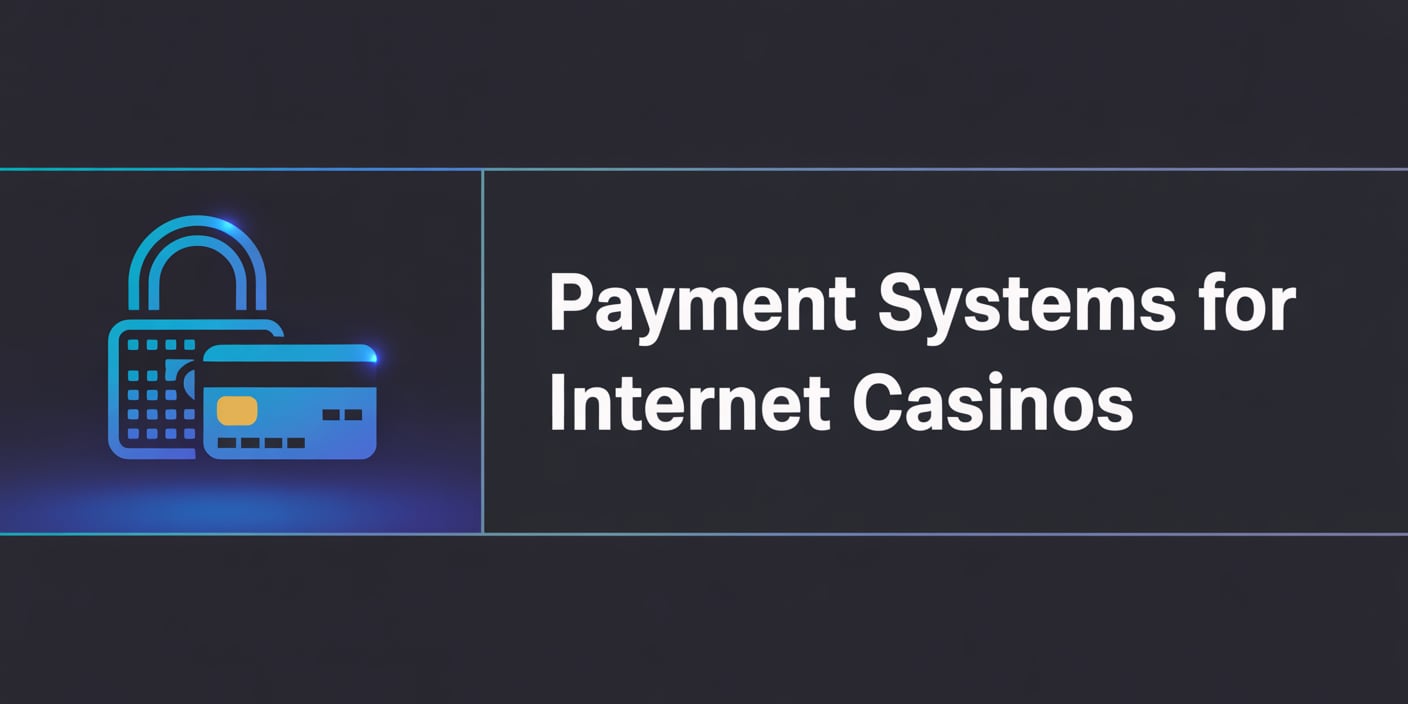
Payment systems for Internet casinos need to be selected with care because the gaming sector is at the top of the list of risky business.
Payment Systems in the Gaming Industry: Advantages, Disadvantages, and Traps
Gaming is licensed in New Zealand, though closely controlled under the Gambling Act. To open a casino targeting the New Zealand market, one must be aware of the compliance requirements in the local market and only employ payment processors that can operate within legal constraints.
The payment system must be agile and provide a wide variety of deposit and withdrawal options. All the while, it needs to offer simplicity, clarity, and security—critical needs for any online casino. These are essential for players and operators alike, both of whom need to believe that money is secure and money is handled openly and efficiently. For example, many players prioritize secure gambling with Visa payment, as it combines widespread availability with strong buyer protection and advanced fraud prevention tools.
Advantages and Disadvantages of Common Payment Options
Payment solutions for online gaming websites in New Zealand have to support all common payment options to accommodate a variety of user needs. These are:
- Debit and Credit Cards from programs like VISA, MasterCard, Maestro, and American Express. These are common and enable virtual cards issuance. Some issuers of cards are able to freeze transactions to gambling accounts, and gambling with credit cards is banned by the Gambling Act for consumer protection.
- E-wallets are among the most popular ways for online casinos since they are quick, easy, and relatively anonymous. Disadvantages include the possibility of double charges—both to put money into the wallet and to send it out. However, most experienced users believe that the positives outweigh the negatives.
- Online Banking allows fast and safe payments without the need for independent payment service registration. Gamble-related transfers are restricted by some New Zealand local banks, however. Delays can be expected, too, with bank transfers taking a maximum of five working days.
Instant transfers have gained popularity with the advent of open banking technologies. Even though New Zealand is yet to witness schemes like Brazil's PIX or Russia's SBP, local equivalents in fintech innovations and mobile banking applications like POLi Payments are prevalent and facilitate instant, card-less transactions. - Cryptocurrency provides players with anonymity, speed, and full-time availability. Most international-facing online casinos accepting NZ players support popular cryptos like Bitcoin and Ethereum. However, the irreversible nature of crypto transactions means users must exercise caution when entering wallet addresses.
Withdrawal Methods from Online Casinos
Whereas deposits need to be easy, so too should the options for payout. The range of payout alternatives will rely on the casino's internal policies, the payment provider chosen, and on the market's local laws—most importantly, in the country of New Zealand, where gambling winnings are exempt from taxation but where AML policy is strict.
Withdrawal services comprise:options
- VISA/MasterCard — Although widely accepted across Europe and North America, not as commonly used for New Zealand withdrawals due to more conservative bank policies. However, valued for security and worldwide use.
- POLi Payments — A favorite among Kiwis, enabling online bank transfers without a credit card.
- Neteller — Old and established e-wallet with a strong reputation among casino players.
- Skrill — A reputable casino payment solution that offers fast processing times.
- AirTM — A global wallet that is suitable for one who desires secrecy and convenience.
- Bitcoin and Altcoins — Reputable cryptocurrencies like Litecoin, Tether, and Ethereum tend to be made available for quick, secure withdrawals at low costs.
An easily accessible provider with an easy-to-use interface, excellent security, and a broad collection of supported payment options is crucial to the success of an online casino. Reasonable fees and easy integration into the framework of a casino also play an important role. All of these form the basis for a strong partner in finance and secure long-term partnership. Choosing the right provider is not always simple—especially for new businesses.
Payment Security
Security of all financial transactions must be guaranteed by the following qualities of the payment provider:
- PCI DSS compliance, which is mandatory in case of card payments;
- SSL encryption, which guarantees that the data of the user is confidentially transmitted over HTTPS;
- 3D-Secure protocols, which verify the identity of the cardholder and shift fraud liability from the casino to the payer.
Security is not only necessary for players, but also the operator of the casino—it's the key to trust and smooth operations.